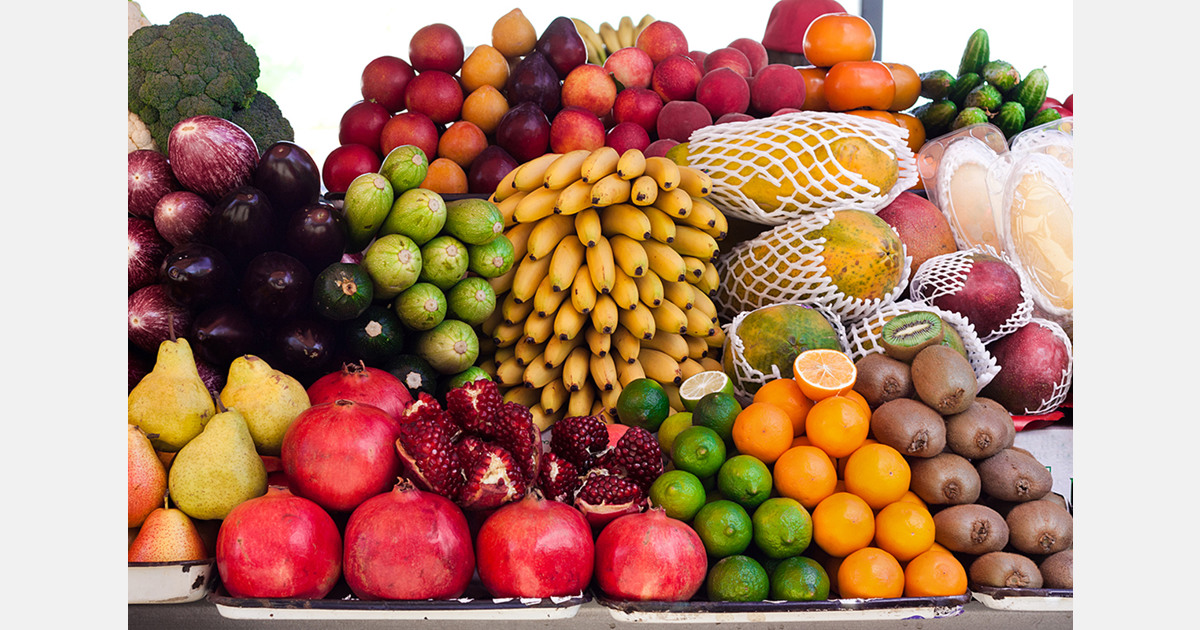
Israel has officially suspended its agricultural reform aimed at liberalizing the fresh produce market, leading to a noticeable increase in import tariffs and a sharp rise in prices. According to Israel’s Central Bureau of Statistics, fresh fruit and vegetable prices rose by 16.3% between January 2023 and June 2025, more than double the overall consumer price index increase of 6.2% during the same period.
The initial reform, introduced in 2022, planned to gradually reduce customs duties on imported fruits and vegetables through 2027, aiming to boost competition and lower prices for consumers. While some progress was made in 2023, further cuts scheduled for 2024 were halted by the current government. Finance Minister Bezalel Smotrich declined to sign off on the continuation of the reform.
Instead of reducing protectionist tariffs, the state continues to collect approximately 170 million shekels (about €42 million) annually in duties on fresh produce imports. For importers, these costs have made sourcing from international suppliers less viable, putting pressure on the overall competitiveness of the market.
In 2024, customs revenue from agricultural and food products totaled 624 million shekels (around €155 million), out of 1.8 billion shekels (approx. €448 million) collected across all imports. Industry experts note that while the absolute fiscal impact is modest, the effect on price formation is significant.
Trade negotiations are also ongoing with the United States following a 10% tariff placed on Israeli exports. Although Israel pledged to remove import tariffs on U.S. agricultural goods, the move has yet to be implemented.
Currently, 90% of Israel’s total imports are duty-free, but the remaining agricultural tariffs continue to impact market access and price stability in the fresh produce sector.
Source: cursorinfo.co.il
Source: The Plantations International Agroforestry Group of Companies
